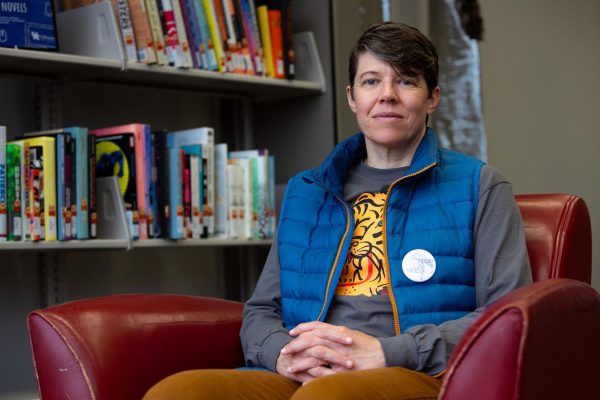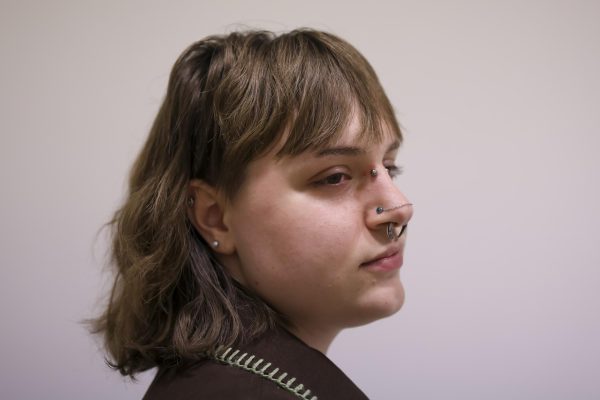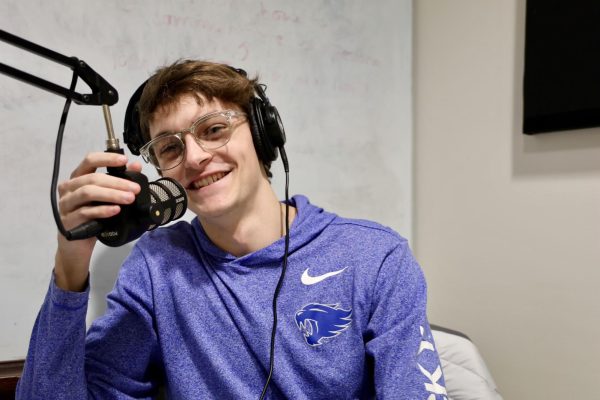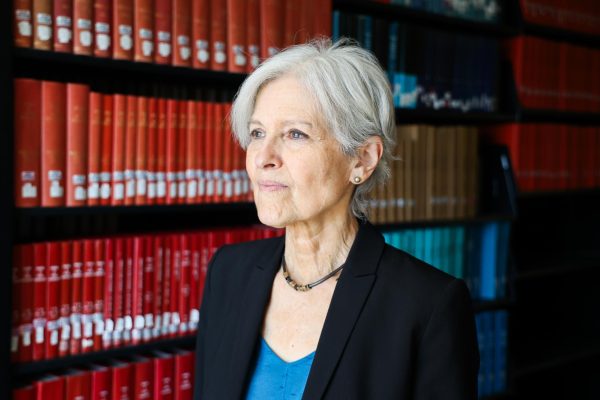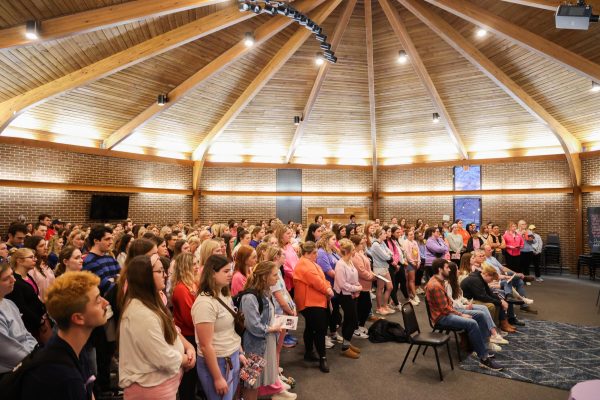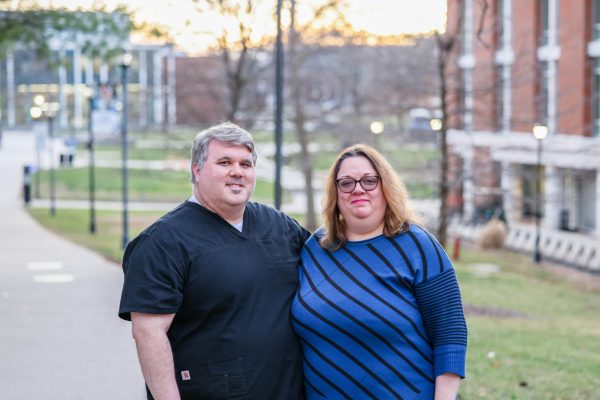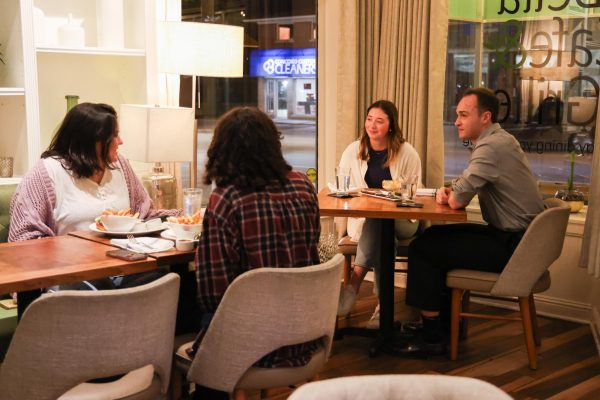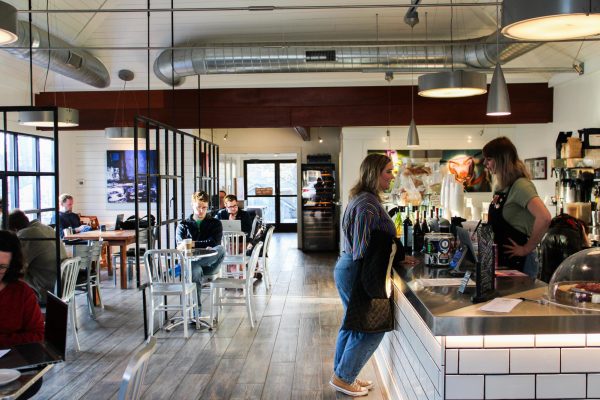Tumbling over racism
February 3, 2016
For the month of February the Kernel will be telling the story of 29 notable African American Alumni. These features are in conjunction with the UK Alumni Association project “They Came Before: The Legacy of African-American Pioneers and Trailblazers at the University of Kentucky.”
By Lexington Souers
Driven by a father who believed in education, Vicki Carroll entered UK in the late 1960s studying social work but had a passion for cheerleading.
“Every girl’s dream is to cheer in college,” said Carroll, UK’s first black cheerleader.
Carroll attended open tryouts as a freshman and competed with 60 other girls for a spot on the team. Even though the six black members of the freshman football team came out to support her, she felt a lack of support from her fellow competitors.
“No one ever said anything to me,” Carroll said. “I was like an invisible person.”
She said after tryouts there was a long discussion between coaches and judges.
“I was told I had won, but there was tremendous weight on if UK was ready for a black cheerleader,” Carroll said.
Carroll was at first named as an alternate, but when another cheerleader failed to meet grade requirements, she was prepared to join the team. Instead, UK called for a special tryout to find the girl’s replacement. Carroll objected, and took her place as a full cheerleader in the fall of her sophomore year.
“I was a person who wanted to follow their dream,” Carroll said.
Carroll said cheering for football was different than it was for basketball. She never experienced any slurs or racism at away games but said the cheerleaders only travelled to specific schools. Her former husband, a fullback on the football team, told her he had been called the n-word.
Basketball games were a different experience back then, and Carroll cheered during Adolf Rupp’s time as head coach.
During his time as head coach, Carroll said he never spoke to her. She said that many times the only black people at the games were herself and the janitor.
Carroll went on to get her master’s degree at UofL, but she said her heart is always with UK. She feels like the Rupp-age led a lot of fans to quit cheering for UK.
“They let Adolph Rupp still rule and live over their lives,” Carroll said.
Outside of Rupp’s treatment of her, Carroll said she never felt any racism, except for occassional comments from people who showed up at the tryout to “see if she was really that good.”
When Joe B. Hall replaced Rupp, Carroll said she was involved in the recruiting process more. His departure gave her greater opportunity to reach her dream.
Carroll has two sons and has since retired so she could spend more time with her grandchildren. She said her breakthroughs at UK have impacted how her children have been raised.
“My sons have taken the path less traveled,” Carroll said.
Carroll said she hopes that UK provides exposure to those coming in who may not have experienced those of different races.
“Sometimes I think for blacks too, when they step out in that way, they take criticism from their own race,” Carroll said. “It’s something America needs to talk about.”
Without cheerleading, Carroll said she would not have had the courage to follow her dreams. When she thinks of UK, she thinks of its long legacy.
“For every black (student) that went to UK at the time, it was like being a pioneer,” Carroll said.

















































































































































